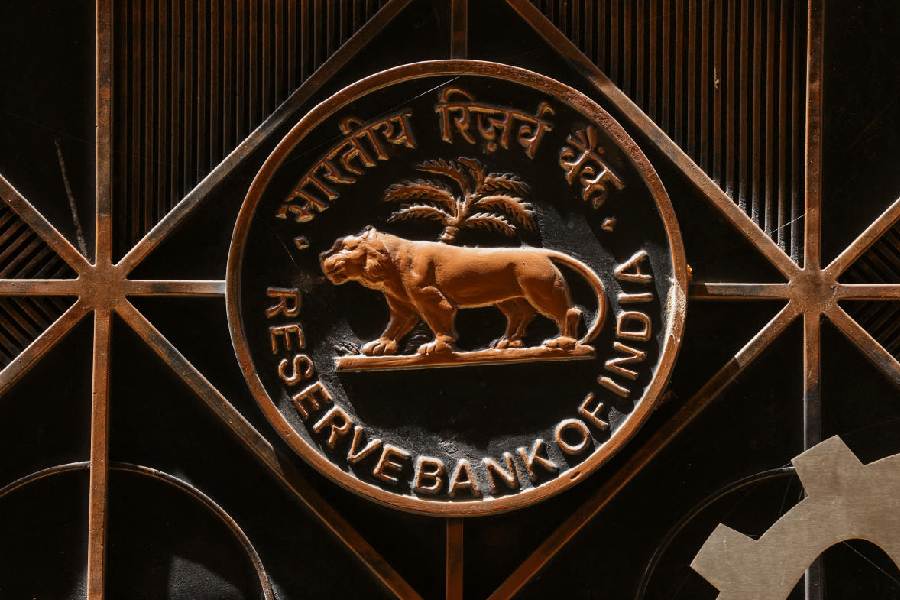The Reserve Bank of India (RBI) is widely expected to retain the status quo in rates for the fourth consecutive time later this week amid moderation in inflation and tight liquidity that has pushed up money market rates.
The RBI’s monetary policy committee (MPC) will start its three-day meeting this Wednesday where it is forecast to keep the policy repo rate steady at 6.50 per cent.
Retail inflation cooled down to 6.8 per cent in August from 7.4 per cent in the preceding month largely on account of a decline in vegetable prices because of government interventions and the arrival of fresh harvest. It is expected to moderate further in September.
Economists feel while crude oil prices are rising, they will not hurt retail inflation even as the central bank remains wary about firm prices of some items such as cereals and pulses.
Rajani Sinha, chief economist, and Sarbartho Mukherjee, senior economist, CareEdge, said high-frequency retail data showed vegetable prices had softened, which is expected to ease headline inflation further.
They pointed out that though the volatile component of the food basket has cooled significantly, price pressures persist in cereals, spices and pulses.
While a moderation in inflation is likely to be one of the reasons for the RBI not to hike the repo rate, rising money market rates on account of the tightness in banking system liquidity is the other reason for the status quo in rates.
Overnight call money rates for instance have risen to nearly 6.80 per cent from 6.30 per cent in August.
The tightness in liquidity has been caused by outflows on account of tax and GST payments apart from RBI’s intervention in the forex markets which absorbs rupee liquidity.
In other words, interest rates, have gone up without them being hiked.
Madan Sabnavis, chief economist, Bank of Baroda, said the RBI is most likely to keep with existing rates.
"Inflation is still high at 6.8 per cent and while we do expect it to come down sharply in September and October, there is still some pessimism on kharif output especially relating to pulses which has the potential to push up prices further. But as the inflation trajectory is downwards a rate hike can be ruled out."











